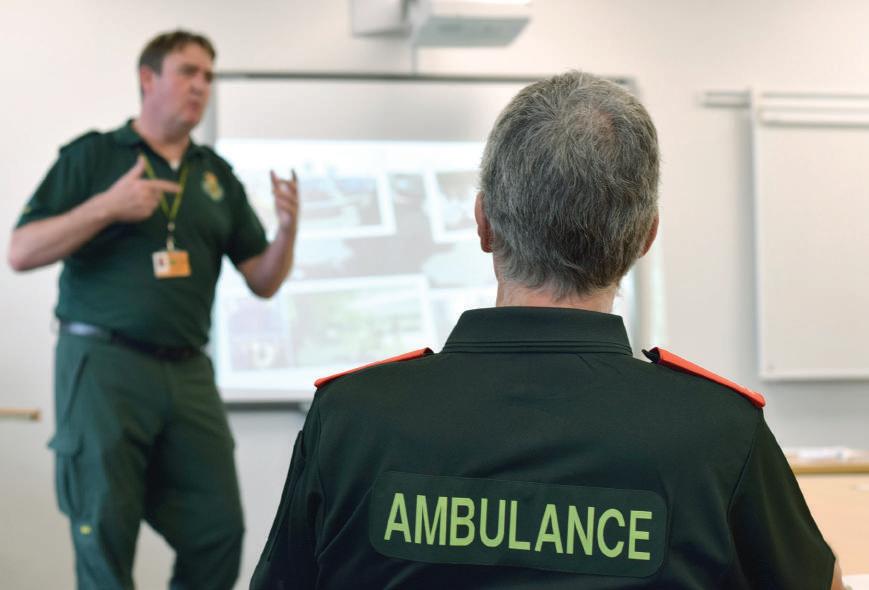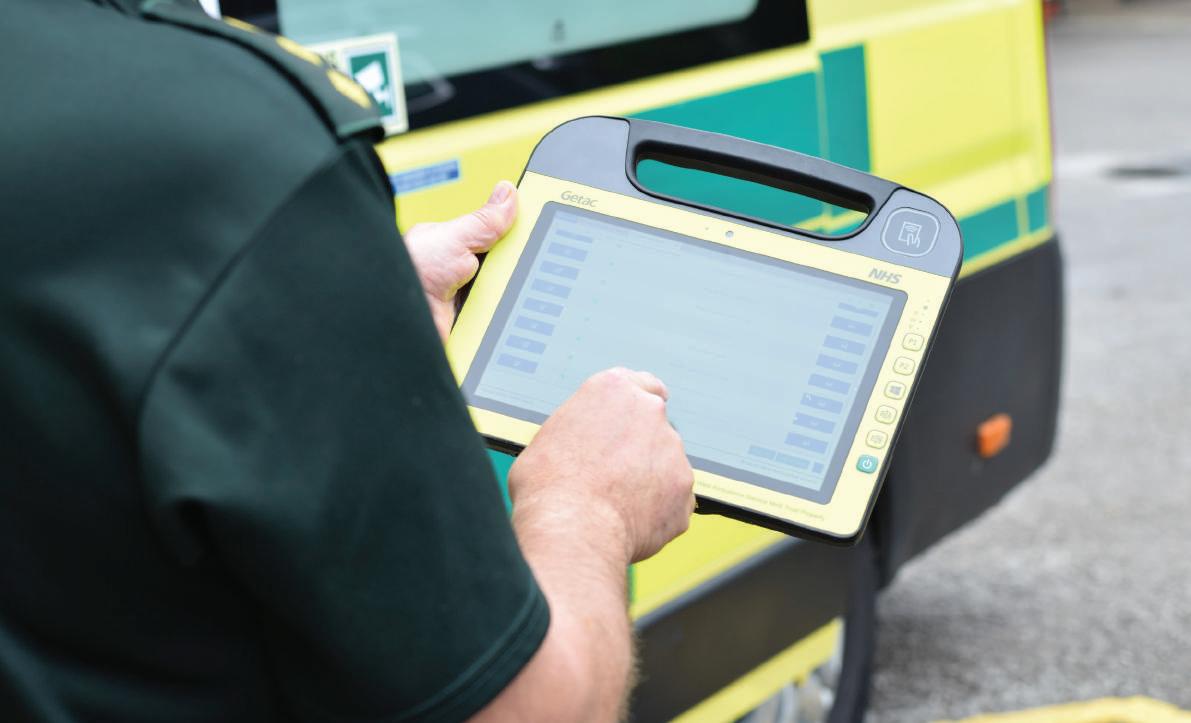
1 minute read
Think of the ambulance service and you will likely think of paramedics...
But we have hundreds of different roles here at NWAS – from 111 health advisors, ambulance care assistants and mental health practitioners to nurses, pharmacists and doctors.

In fact, the doctors who work with us take on a number of different roles, whether that be forming part of the Medical Emergency Response Incident Team (MERIT), volunteering with the British Association for Immediate Care (BASICS) team or attending more serious incidents on the air ambulance.
MERIT doctors are specially trained to provide advanced medical advice and practice at a range of emergency incidents. In particular, they play a huge role in our response to major, mass casualty and significant incidents.
Often, this role doesn’t involve physically attending the scene of an incident, but rather giving remote advice to the tactical health command team responsible for co-ordinating how we help patients at major incidents. As a medical advisor, the MERIT doctor is responsible for making sure patients are given the correct care for their needs and taken to the most suitable hospital to give them the best chance of recovery.
Did you Know?
If needed, a MERIT doctor may also undertake the role of a forward doctor, which would see them attending the scene of an incident so they can co-ordinate and direct clinical care to patients at a safe location such as a casualty collection point or clearing station.
Although MERIT doctors don’t necessarily work for the trust full time – with “day jobs” including GPs or consultants – the MERIT team provides a 24 hour, seven day a week capability to ensure patients are getting the very best care.
Some of our clinicians wear red epaulettes on their shoulders. This is so advanced paramedics, consultant paramedics and doctors can be easily identified in a major incident.










